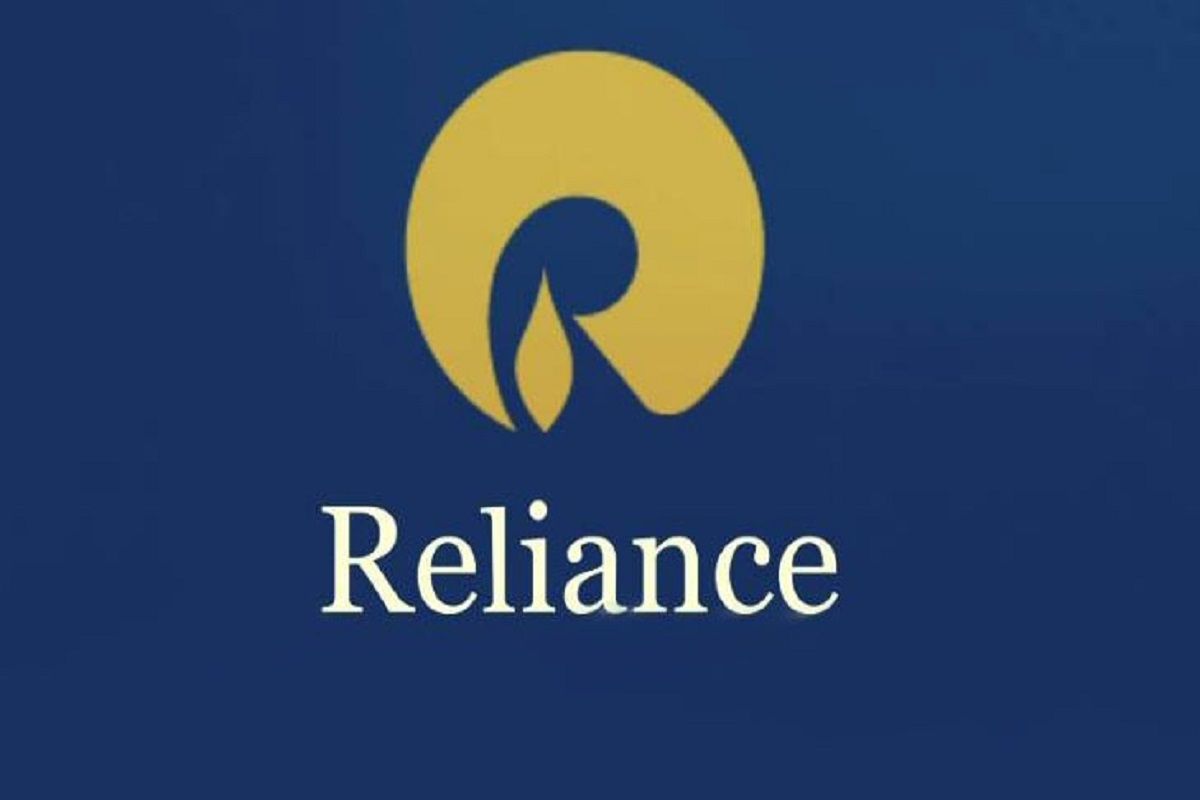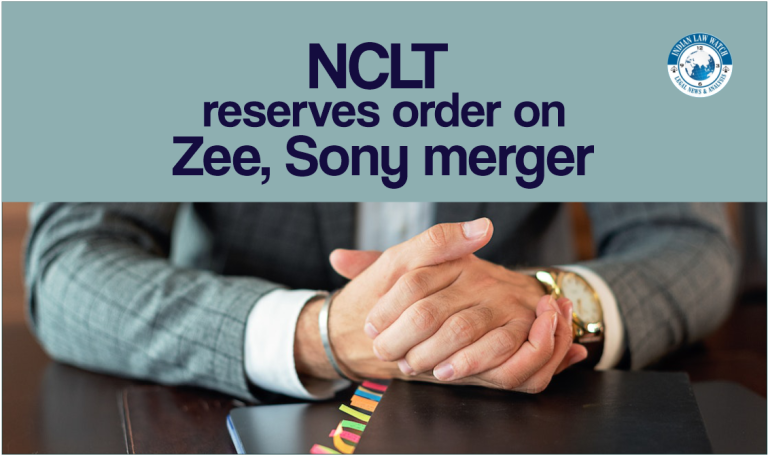RIL backs Centre’s draft e-commerce rules, Tatas oppose

The small traders in India have been complaining against the foreign e-commerce giants and various litigations have been filed from time to time. The proposed new e-commerce rules could see two Indian giants Reliance Industries and Tata Group on opposite sides. Tata Group has opposed the Centre’s move of banning e-commerce companies from doing business with associated parties.
The new E-Commerce Rules proposes that e-commerce entity is to ensure that:
- it does not use any information collected through its Platform for the unfair advantage of its related parties and associated enterprises;
- none of its related parties and associated enterprises are enlisted as sellers for sale to consumers directly; and
- nothing is done by related parties or associated enterprises which the e-commerce entity cannot do itself.
Related parties are the persons defined under the Companies Act, 2013.
The proposed amendment is likely to impact the present business model of various e-commerce entities. Reliance will need to modify its marketplace model if it wants to fully comply with the e-commerce rules as it currently sells products owned by its associated companies.
The draft e-commerce Rules are aimed at providing level playing to Indian entities compared to the foreign players. The new e-commerce rules were drafted after small traders and physical store owners complained that major online marketplaces were partial and promoted only a few sellers on their platforms. In addition to this, allegations of practices to stifle completion were also made against many e-commerce companies.
The Department of Consumer Affairs last extended the deadline for comments and industry suggestions on the proposed Consumer Protection (E-Commerce) Rules, 2020, to 21 July from the earlier 06 July.
E-commerce under new rules means any person who owns, operates or manages a digital or electronic facility or platform for electronic commerce including any entity engaged by such person for the purpose of fulfilment of orders placed by a user on its platform and any ‘related party’ as defined under Section 2(76) of the Companies Act, 2013 but does not include a seller offering his goods or services for sale on a marketplace e-commerce entity. E-commerce companies should not hold flash sales – which see deep discounts on offer – if these are organised “fraudulently” using “technological means” with an intent to benefit select sellers, the rules say.
Rule 5(14)(c) aims to prohibit e-commerce entities from manipulating search results or indexes relating to the search query of the user. Search manipulation or fixing search results is an anti-competitive practice and companies like Google have been fined for it in the past.
The proposed definition of e-commerce entity covers (a) any entity engaged by e-commerce entities for the fulfilment of orders and (b) related parties (as defined under the Companies Act, 2013).
Image source: India.com





